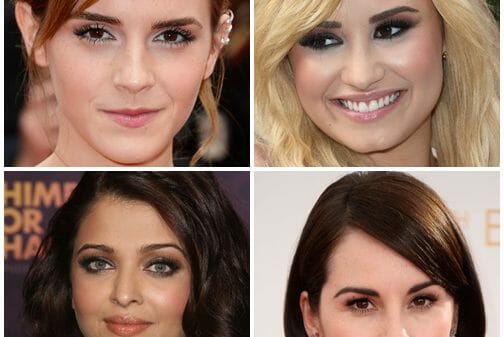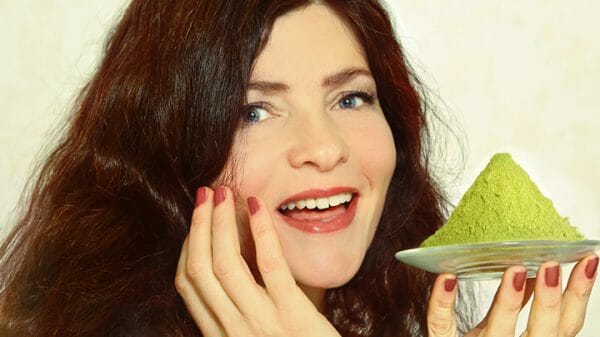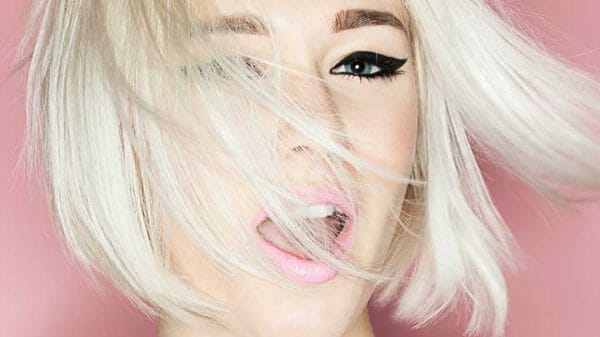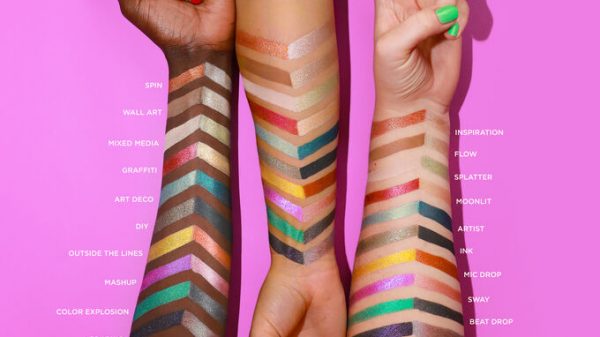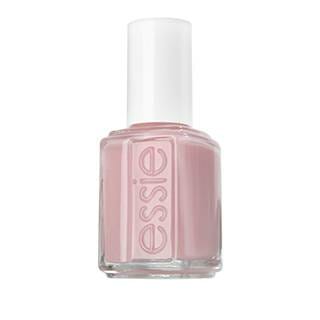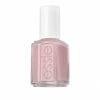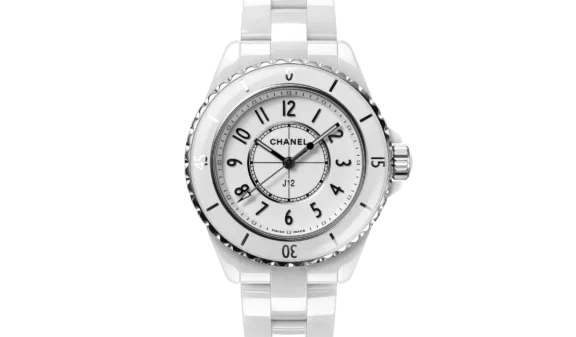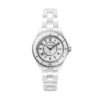Can Shampoo Cause Hair Loss? A Few Myths & Points To Remember
It may not be the shampoo but the ingredients – uncover the truth behind what’s causing shedding.
When you notice excessive hair fall while shampooing, you immediately think of changing the shampoo. But does shampoo cause hair loss? It seems counterproductive to everything they stand for and claim. Here are a few things you may want to consider.
Not all shampoos may cause hair loss or damage your hair. It depends on the product’s formulation, which depletes the scalp of natural oils and damages your hair. Hair loss can also be caused by how often you shampoo and how much shampoo you use. Read on to learn what ingredients to avoid in shampoos to prevent hair loss.
Ingredients You Should Avoid
Several ingredients in shampoos can contribute to hair loss. Some of them can be irritants and cause scalp inflammation, making your hair thin and brittle. High alcohol percentage in the shampoos can dehydrate your hair. Ingredients, such as mineral oil and petroleum, which are used as lubricants, might weigh the hair down. Hence, look for shampoos that are devoid of such ingredients.
Here’s what you need to avoid:
- Sulfates
Ammonium lauryl sulfate (ALS) and sodium lauryl sulfate (SLS) are the two most common sulfates used in shampoos. They are strong detergents that have good cleansing and foaming properties that create a rich lather. But the downside is that they can make your hair dull, frizzy, rough, and prone to tangling (1). These sulfates are potential irritants, even at low concentrations, and cause hair damage.
- Sodium Chloride
Sodium chloride, also known as table salt, is used as a thickener in shampoos. It might dry out your hair and scalp and cause eye irritation and itchy scalp. High concentrations of sodium chloride can also cause hair loss (2).
- Formaldehyde
Formaldehyde is an antibiotic that helps keep your shampoo safe and shelf-stable. But high concentrations of formaldehyde can cause contact allergy and rashes (3). It is also considered a carcinogen (4). Formaldehyde and other preservatives penetrate the hair and damage it, leading to hair loss.
- Propylene Glycol
Propylene glycol acts as a humectant and helps nutrients penetrate your scalp. However, it can can irritate your scalp (5). If you cannot find shampoos without this ingredient, go for products with a low concentration of propylene glycol.
- Alcohol
Stearyl, cetearyl, and cetyl alcohols are found in many shampoos. These alcohols are very drying and might strip the natural oils of your hair. Thus, use shampoos with less concentration of alcohol.
- Fragrances
If you have sensitive skin or hair, avoid artificial fragrances and colors in your shampoos. They can cause scalp irritation. Switch to fragrance-free shampoos.
The following section has busted some myths related to shampoos and hair. Scroll down to know more.
Common Myths About Shampoo And Your Hair
Myth 1: If You Use Same Shampoo For Long Time, Your Hair Stops Responding.
You have probably heard that changing your shampoo every once in a while is necessary because your hair gets used to it and does not respond to the formula any longer. However, the truth is far from this.
If your shampoo is not as effective as it used to be, it might be due to changes in your lifestyle, food habits, or medications. It might also be due to a change in the formula or the wrong formula for your hair type. Too many surfactants in the shampoo can leave your hair dry, or too many ingredients can coat the hair and weigh it down. Hence, the solution is not to switch up shampoos but to choose one suitable for your hair type and issues.
Myth 2: Your Hair Will Clean Itself Without Using Any Shampoo.
If you do not wash your hair, it will gather dust, dirt, and be coated in the sebum and oils releases from the sebaceous glands. Shampooing once a week is a must. Heard of the no-poo method? This involves washing your hair with a gentler alternative to traditional shampoos – like vinegar, baking soda, or just water. The no-poo method helps prevent scalp irritation and dryness caused by harmful ingredients in your shampoo. It also helps reduce the overproduction of greasy oils on your scalp. By avoiding shampoos, you are limiting your hair’s exposure to irritants.
Myth 3: Frequent Shampooing Damages Your Hair.
A shampoo not meant for your hair type or with harmful ingredients can damage your hair. Frequent shampooing strips the natural oils of your scalp and causes dryness. Thus, use a shampoo as per your hair type, and follow up with a leave-in conditioner. Remember, overusing any hair care products might hamper your hair health.
So, do you have to shampoo your hair at specific intervals? Find out in the next section.
How Often Should You Shampoo Your Hair?
It depends on your hair type and scalp condition. If you have dry hair, shampoo not more than twice a week. On the other hand, oily hair types may require daily washing. If you have a normal hair type, shampoo your hair whenever you feel like you need it.
How Much Shampoo Is Enough?
10 ml shampoo is enough to clean your hair thoroughly. Also, the amount of shampoo required depends on your hair type and volume.
To reap maximum benefits from shampooing, remember these points.
Points To Remember
- Massage your scalp frequently to improve blood circulation and achieve healthy and shiny hair.
- Avoid 2-in-1 shampoo and conditioner products as they cause product buildup.
- Use a leave-in conditioner for extra smoothening and moisturizing your hair.
- Rinse your hair with lukewarm water as cold water discourages blood flow to your scalp.
Using hair care products with the wrong ingredients may cause severe damage to your hair. Though not all shampoos cause hair loss, some ingredients in the shampoos may strip off the natural oils from your scalp, making your hair thin and fragile. The presence of sulfates, sodium chloride, formaldehyde, alcohol, propylene glycol, and fragrances may lead to scalp irritation, hair loss, and hair thinning. Therefore, it is best to avoid these ingredients in your shampoos. Go through the ingredients list before you buy shampoos. Follow the tips and points mentioned here to reap maximum benefits from shampooing.
Frequently Asked Questions
What can I use instead of shampoo?
You can try co-washing or use a dry shampoo to keep your hair less greasy and clean. You may use organic shampoos made with naturally cleansing ingredients like soapnuts.
Should I stop using shampoo?
If your hair is too dry, rough, and brittle, you should stop using shampoo too often. Likewise, if the shampoo you are using causes an adverse reaction, you should discontinue using it.
Which shampoo can I use every day?
You shouldn’t shampoo your hair daily. However, you can use mild shampoo daily if you have oily hair or scalp. You may also use shampoos made with natural ingredients like soapnuts.
Can we use baby shampoo?
Yes. Baby shampoo is made with gentle ingredients that can be good for sensitive scalp.
Key Takeaways
- Ingredients like sulfates, sodium chloride, formaldehyde, propylene glycol, and alcohol in shampoos can contribute to hair loss.
- Do not use 2-in-1 shampoo and conditioner products. They lead to product buildup.
- Using a leave-in conditioner after shampooing will give you extra smooth and moisturized hair.
Sources
- Shampoo and Conditioners: What a Dermatologist Should Know?
https://www.ncbi.nlm.nih.gov/pmc/articles/PMC4458934/ - Effect of Sodium Chloride on the Surface and Wetting Properties of Aqueous Solutions of Cocamidopropyl Betaine
https://www.ncbi.nlm.nih.gov/pmc/articles/PMC4331618/ - Formaldehyde damage to DNA and inhibition of DNA repair in human bronchial cells
https://pubmed.ncbi.nlm.nih.gov/6828890/ - Occupational exposure to formaldehyde and risk of non hodgkin lymphoma: a meta-analysis
https://www.ncbi.nlm.nih.gov/pmc/articles/PMC6929467/ - Propylene Glycol
https://pubmed.ncbi.nlm.nih.gov/29059092/







